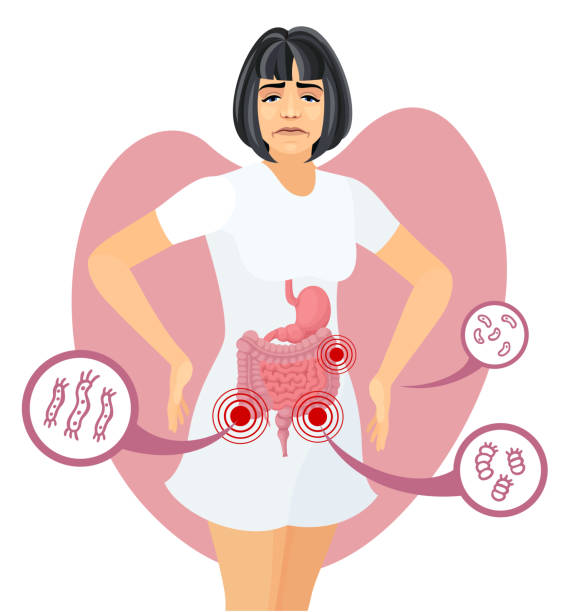Food poisoning is a common and unpleasant experience that affects millions of people every year. It occurs when harmful bacteria, viruses, or toxins are ingested in contaminated food or drinks. In this article, we will explore the symptoms, causes, and prevention of food poisoning.

Symptoms of Food Poisoning

The symptoms of food poisoning can range from mild to severe and can occur within hours or days after ingesting contaminated food. The most common symptoms of food poisoning include:
-
Nausea and vomiting
-
Fever and chills
-
Weakness and fatigue
-
Loss of appetite
-
Dehydration
Causes of Food Poisoning
Food poisoning can be caused by a variety of harmful bacteria, viruses, and toxins, including:
-
Salmonella: A bacteria commonly found in raw or undercooked poultry, eggs, and dairy products
-
E. coli: A bacteria commonly found in raw or undercooked beef, unpasteurized dairy products, and contaminated water
-
Listeria: A bacteria commonly found in ready-to-eat meats, unpasteurized dairy products, and processed fruits and vegetables
-
Staphylococcus aureus: A bacteria commonly found in contaminated food that has been left at room temperature for too long
-
Norovirus: A virus commonly found in contaminated food, water, or surfaces
Prevention of Food Poisoning
To reduce the risk of food poisoning, it is important to follow proper food safety practices, including:
-
Wash your hands thoroughly before handling food, especially after using the bathroom or changing a diaper
-
Cook meats to their recommended internal temperature, using a food thermometer to check for doneness
-
Avoid cross-contaminating foods by using separate cutting boards and utensils for raw meats and vegetables
-
Refrigerate perishable food promptly and avoid leaving food at room temperature for more than 2 hours
-
Avoid consuming raw or undercooked eggs, poultry, and meat
-
Wash fruits and vegetables thoroughly before consuming
-
Use safe water sources and avoid drinking unpasteurized or contaminated water
-
Avoid consuming raw or undercooked shellfish, especially during months with an "R" in their name (September to April)
Treatment of Food Poisoning
The treatment of food poisoning depends on the severity of the symptoms, but it typically involves staying hydrated, avoiding solid food until symptoms subside, and taking over-the-counter medications to relieve symptoms. In severe cases, antibiotics may be prescribed to fight the infection.
Conclusion
Food poisoning is a common and uncomfortable experience that can be prevented by following proper food safety practices. If you suspect that you have food poisoning, it is important to seek medical attention promptly to prevent complications and to get a proper diagnosis and treatment.












